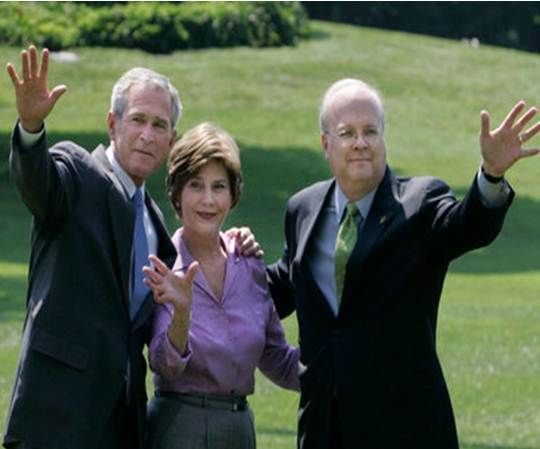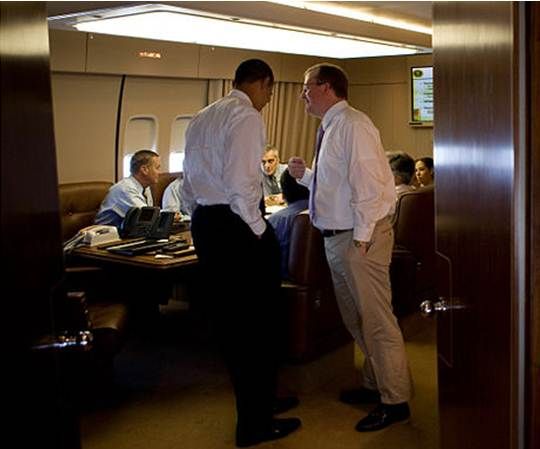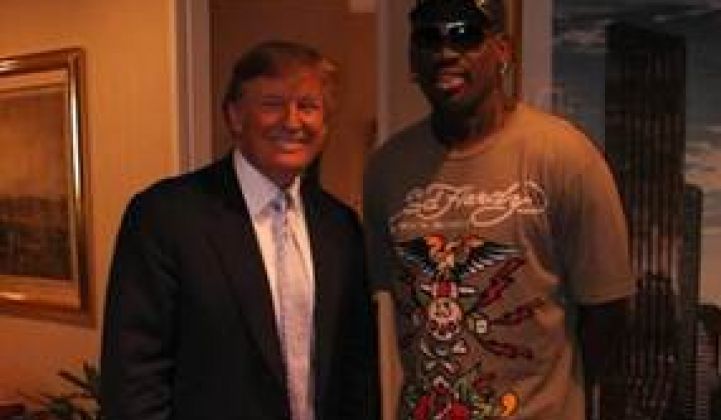The first thing George W. Bush’s chief political strategist Karl Rove said, in response to American Wind Energy Association (AWEA) CEO Denise Bode’s request that he and former Obama spokesperson and Press Secretary Robert Gibbs try to find bipartisan ground in support of the wind industry, was that he hoped it would stay bipartisan because they were sitting on a white sofa that would be ruined by red blood.
After noting then-Governor Bush’s role in making Texas the leading wind state in the country, he offered to wrestle Gibbs over any issue other than wind.
Gibbs’ response was to turn to the thousands of wind professionals gathered in Atlanta’s conference center auditorium for the keynote event at WINDPOWER 2012, the industry’s annual conclave, and thank them for persevering in the face of the political opposition they have faced since 2010. “Thank you for what you do in helping this country.”
Noting that wind and the other renewable energies “have become the victims of partisan politics as Washington gets more gridlocked,” Bode asked Rove and Gibbs what the renewables industries might do to change that.

Rove said the present political leadership has “been too focused on the presidential election to get things done." Rove predicted the wind industry’s production tax credit (PTC) would not be extended until after the November election, far too late to save an industry whose development lead times are eighteen months or more from a severe contraction in 2013.
Gibbs agreed election year politics will stop all progress. “This should not be a partisan issue,” he said of the effort to get Congress to extend the PTC. “The one reason it would not get done is because somebody deems that to be in their political interest.”
When Rove attacked the President’s political tactics, Bode reminded him Mr. Obama has staunchly supported renewables. Rove responded by changing the subject to tax reform. Gibbs agreed there is a need to reform the tax code and added that tax reform is a highly charged political topic.
Rove kept the discussion away from wind, instead arguing for tax reforms like a long-term extension of the R&D tax credit. He did not, however, mention the possibility of a similar long-term extension of the PTC. He did take a big step when he noted that, unlike the federal loan guarantees that have become so unpopular in his political party, the PTC is based on performance and is a proven way of leveraging private investment.

Also searching for common ground, Gibbs pointed out that the success of the PTC dated to the 2005 Energy Policy Act put in place by President Bush. Rove took the conciliatory attitude as an opening to lecture Gibbs on how President Bush rose above a harsh partisan atmosphere to push that energy legislation through and then attacked President Obama for failing to show the same kind of leadership.
Gibbs replied that the Obama administration has been stymied by people demanding his birth certificate.
Rove said it is only “that idiot Donald Trump” who is now asking for Obama’s birth certificate and then asked how Democrats managed to get Trump to compromise Republican presidential nominee Mitt Romney.
Bode interrupted to report that Romney and his people have failed to move away from a 'drill, drill, drill' policy to adopt an all-of-the-above policy or even to hear the case for wind.
Gibbs got the last word. He gave an account of the unrequited efforts the Obama administration has made toward “a balanced energy policy.” Gibbs said that he watched as the president “put up money to make sure wind and solar didn’t die [when] nobody could borrow ten dollars from a bank to make a project work.”
Despite opening up drilling opportunities for the oil and gas industry and extending loan guarantees to the nuclear industry, the administration is still waiting, he said, to find out if “there is somebody on the other side of the table that will finally take ‘yes’ for an answer.”



